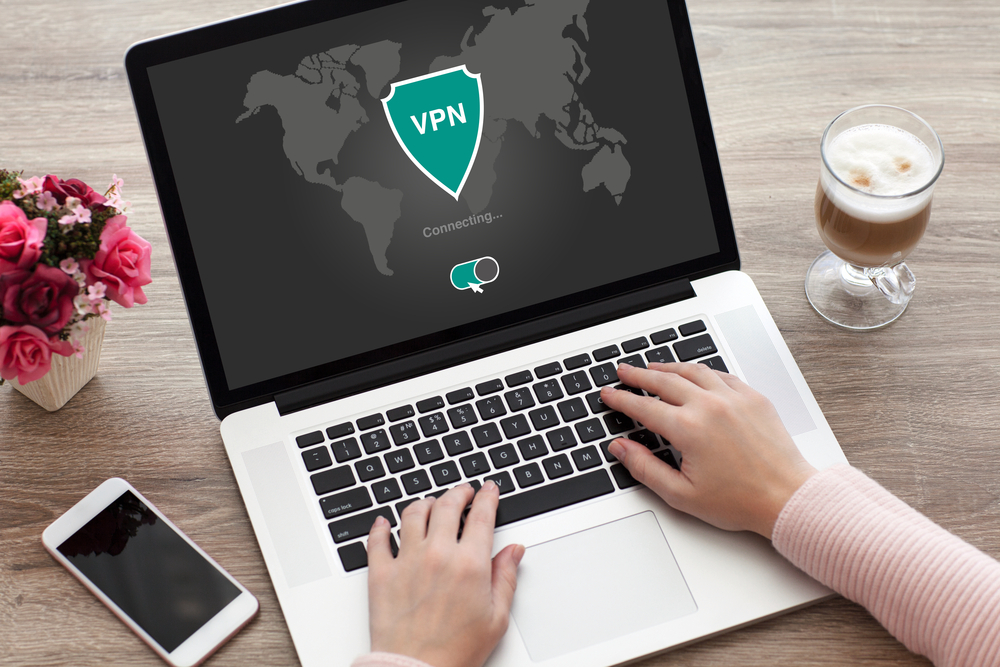VPN in today’s time and Internet access capabilities, is considered as good and effective program as having a good antivirus on your device. A VPN provides us with a secure and private connection to the Internet. However, whether we need this security and privacy also depends on what we want to do on the Internet and what we want to hide.
Hiding our Internet activity can, of course, be twofold. For example, if we are doing something illegal, and if we want to protect our activity and transmitted important information. However, does the fact that you own a gun immediately make you a smuggler, planning a bank robbery? Probably not.
VPN can be essential for everyday use
There are main reasons why a VPN is seen as an unnecessary tool. Not necessarily from a legal point of view, but also from the point of view of access to user information. These are often used for web analytics in the broadest sense, which nowadays, is of great importance to many companies but also allows to better tailor any content, advertising, products and services. The situation is similar with cookies and web traffic analysis, on the one hand, by sharing a small amount of data, we help many companies develop their services, and provide ourselves with, for example, personalized and tailored advertising.
On the other hand, we often defend ourselves from revealing anything. A VPN, however, works on a much larger scale. A VPN provides security and privacy, but it will not erase all traces 100%. You should be aware of this both when you plan to act lawfully to protect your privacy, but also when you want to violate that law.
- Privacy/anonymity on the Internet. The overarching purpose of a VPN is simply to move you (virtually) from one location to another. In doing so, you move the traffic you generate to another location. What allows you to hide from the ISP, however, will not hide from the VPN provider, and neither will the ISP at the VPN’s exit point.
So in theory, our anonymity may exist, but it is still limited to the services that provide that anonymity. That’s why it’s important to remember that nothing is lost on the Internet, and when deciding which VPN service provider to choose, bet on trusted companies and solutions that will help us take maximum care of our own security. Especially when we want to do legal things, but at the same time maintain full privacy and confidentiality of data.
- Accessing geo-blocked content. Using VPN systems disrupts the system of geolocating content. On the one hand, many people appreciate the ability to use VPNs because they can reach content they don’t want, such as VOD services operating in specific countries. On the other hand, at this stage of operation, VPNs can severely limit the performance of the Internet, so that instead of enjoying high-quality content for our location, we end up spoiling that quality by enjoying low-quality video.
- Accesing illegal content. A VPN transfers your Internet identity from one IP address to another. On the one hand, this allows you to access content that you are often not authorized to access due to your location or ISP’s blocking. On the other hand, the VPN becomes an incentive for illegal Internet activity. However, you must remember that the fact of using a VPN will not erase all traces.
- VPN for a company. Using a VPN in a company, for example, also means additional obligations to the company and equipment protection. If an employer decides to use a VPN, he wants all the data transferred internally to stay within the company. If you have equipment that allows a VPN connection to the company network outside the office, protecting that equipment may become a priority.
Similarly, if your private activity will rely primarily on a VPN, you need to remember to choose tools that will provide you with continuity of connection whether on the scale of minutes and hours and minor network interruptions, or on the scale of several years when you want to hide your Internet activity regardless of the number of devices you use.

